Plastering is the process of covering block or brick walls with cement mortar for decorative or protection purposes. Sometimes, plastering is also referred to as rendering. As an aspect of the finishing works of a building, it is a specialised item of work that must be executed with care using quality workmanship and materials. The cost of plastering a house in Nigeria depends mainly on the price of materials in the market and the labour rate in the area.
Typically, the materials that are used in plastering works are cement (grade 32.5 or grade 42.5N), plaster sand, water, and additives (where recommended). The additives could be colouring, waterproofing, bonding admixtures, etc. It is important to note that the selection of the wrong type of cement can ruin plastering works. Cement with high early strength gain is more susceptible to shrinkage cracking, and in a high-temperature zone like Nigeria, early thermal cracking can adversely affect the plastering works. The process of plastering a house must guarantee straightness and perfection.
To obtain the correct cost of plastering a house, the homeowner, quantity surveyor, and/or contractor must evaluate some important details which can affect the cost of plastering works. It is very common to express the cost of plastering per meter square (m2) of a wall. Some of the details to be evaluated are;
(1) The thickness of the rendering: Typically, the standard thickness of rendering specified by architects is usually 12 mm – 15 mm. When the thickness of the rendering exceeds 15 mm, chicken wire mesh is usually required to stop shrinkage cracking from taking place. It should also be noted that the cost of a 12 mm thick plaster is different from the cost of a 15 mm thick plaster.
(2) The mix ratio of the plaster: Mix ratios are often recommended for different reasons. Some mix ratios that can be specified are 1:1, 1:2, 1:3, or 1:4. The mix ratio of 1:3 is the commonest and it means one part of cement to three parts of plaster sand. In this case, one bag of 50kg cement will be mixed with 6 headpans of plaster sand.
(3) The area of walls to be plastered: The net area of walls to be plastered should be determined by the quantity surveyor. This is usually given by the total area of walls less the area of openings. It is important to note that the dressing of doors, windows, and other surfaces such as columns, cornices, copings, etc are usually priced separately.
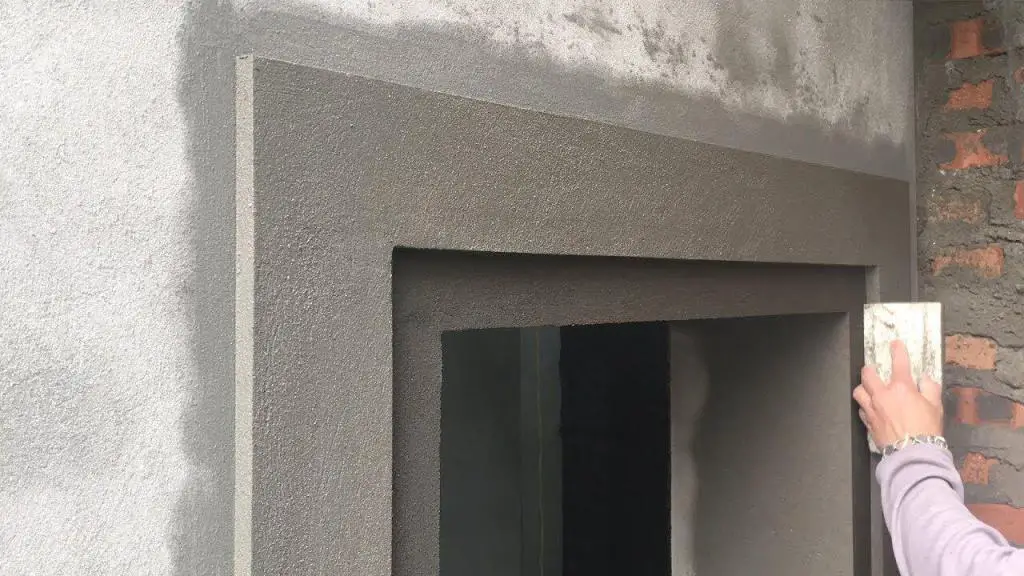
(4) Location: In Nigeria, the labour rate for interior plastering is usually different from the labour rate for exterior plastering. Therefore, the allowance should be made as appropriate during the costing.
(5) Other ancillaries: During the plastering of framed structures, it is typical to put wire mesh at the block-column joints in order to prevent vertical cracks from occurring there in the future. Furthermore, materials like angle beads, edge trimmers, etc may be needed at the edges in order to obtain perfect straightness. All these costs should be factored in.
How to build up rate for plastering work
Let us build up the rate for plastering a wall with 15 mm thick 1:4 mix ratio plaster.
In a 1:4 mix ratio plaster, 9 bags of cement and 2035 kg of plaster sand are required to produce 1m3 of mortar.
Cement (basic cost) – ₦9,000 per 50 kg bag : ₦81,000/m3 of mortar
Plaster sand – ₦10,500 per 1000 kg: ₦21,368/m3 of mortar
Water (allow): ₦500/m3 of mortar
Labour – Production of mortar: ₦18,000/m3 of mortar
Labour – Placement: ₦18,000/m3 of mortar
Total cost = ₦138,868/m3 of mortar
Therefore, for a rendering of 15 mm thickness, the cost per square metre is (0.015 x 138,868) = ₦ 2083/m2
Allow 20% for contractor’s profit and overhead = 1.2 x 2083 = ₦2500/m2
Therefore, the cost of plastering a square metre (m2) of a wall in Nigeria using a 1:4 mix ratio plaster is about ₦2,500/m2 (Two thousand five hundred Naira per square metre wall).
For a four-bedroom duplex building in Nigeria, the cost of the internal and external plastering of the walls (say 1200 m2 of wall) is about ₦3,000,000.

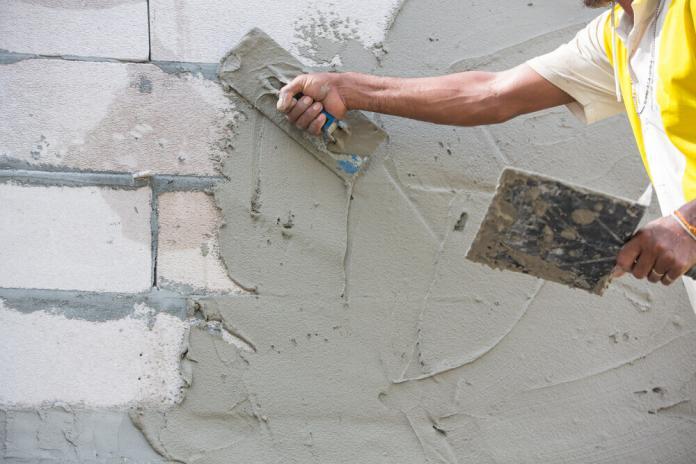



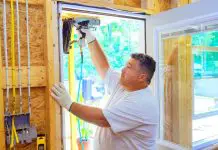
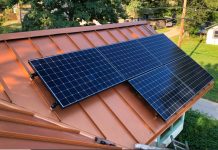


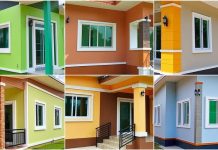
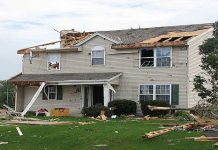
Good work
Great work
Thanks you Engr.